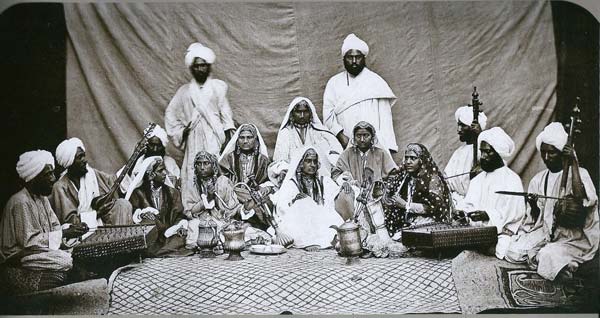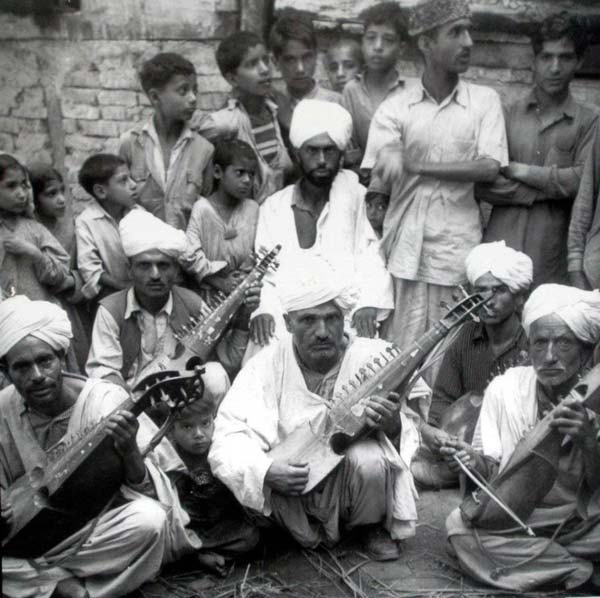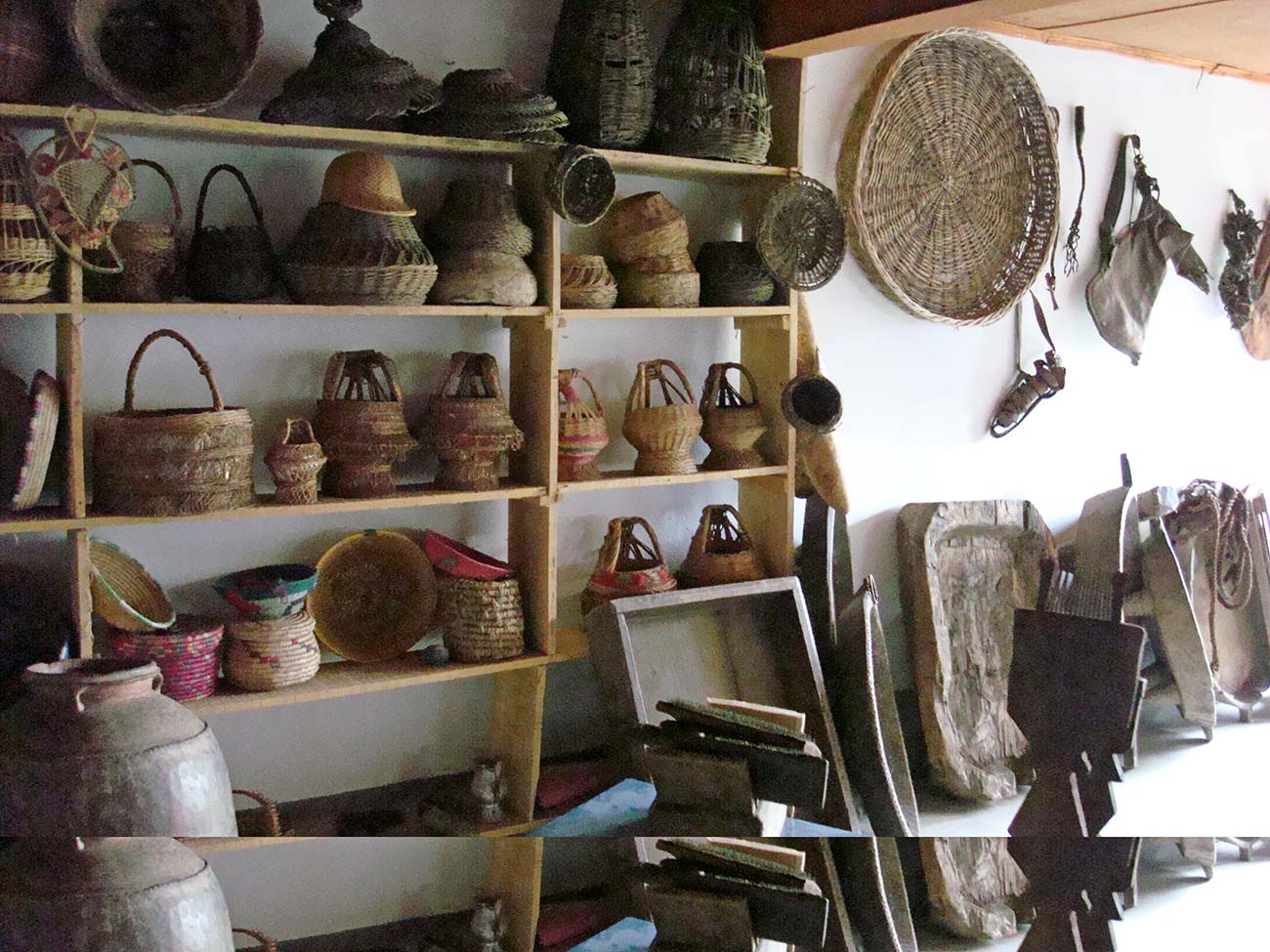Confined to radio and television studio’s Ladhishah were once the popular street performers, enriching Kashmir with satire and humour. Aliya Bashir reports

Asalaam Malaiqum Ladishah aaw, ruth kanchan tohi gar soe chaw
(The Ladishah has arrived wishing you the best)
Once upon a time, the traditional satirist street performers of Kashmir would greet you with these words as they walked home after home, street after street, in cities and villages.
The art of sarcastic storytelling would be supported by playing iron chimta (iron tongs with small rings attached to it). Ladishah was a real narrator not through written words but spoken ones, recounting contemporary events with dynamism.
The word ‘Ladishah’ originated from ‘Ladi’ which means a row or line and ‘Shah’ has been added with the passage of time with the coming of Muslim rulers.
“Ladishahs were rhythmic singers with sarcastic and humorous entertainment. They were the best history describers, although, they were not educated,” says Zareef Ahmed Zareef, a renowned Kashmiri poet.
Dressed in a pheran, white trousers and a white turban, Ladishah would arrive with his musical instrument and play the melodious musical notes and sing the satire. Most of the songs were composed on the spot on issues relating to that village, be it cultural, social or political. The songs were the reflection of contemporary issues and included lots of musical improvisation with a total package of entertainment.
They were travelling minstrels in Kashmir, narrating the politically provocative poems in a satirical and sarcastic form of singing.
At the beginning of the 14th century the Mongol warlord, Dulucha invaded Kashmir and brought Muslim traditions and this was the time when the satirical style of singing came into existence to address social and political issues in a humorous light. The singers used to move from village to village mainly to perform during the harvesting period and get edibles in return.
“Ladishah was the classical character of Kashmiri literature and a believer of constructive criticism. His poems (gauni-maeth) were such a deeply rural and traditional style of singing that they had even eluded mainstream attention and recording. He would sing against the atrocities of the rulers to show his resentment,” says Zareef.

During the Mughal which came later, the famous verse was, “Saunas raupas karem doagul, mogul lagum balaiye. Shikas moagul syund byol khodayan goal,” says Zareef.
Satire has always been an important part of the social ethos of Kashmir and had emerged as an important genus of folk literature in the early and mid-twentieth century. Although, Ladishah was an important part of Kashmiri culture with hundreds of years of history today it is only confined to radio and television. Ladishahs were an institution in themselves as they were the real communicators with the mastery of conveying serious messages blended with satire and humour.
“They would sing their poems on various themes like pish- nam’e, buniyl- nam’e, sehlab- nam’e, flood and on special occasions like Eid, religious festivals and marriages. During the month of Ramadhan, they would hail those who had observed fast and criticize those who had not observed the fast. It used to be sermon mixed with sarcasm and satire,” Zareef added.
Ladishah would also sing about Sheikh Mohammad Abdullah when he was in prison and ridicule him. “They used to sing the sarcastic poems of how he was betrayed by his own friends Nehru and Bakshi. They would also sing about the symbolic fist-raising of Liaquat Ali Khan and betrayal of Kashmiris by Ghulam Muhammad,” says Haji Ghulam Rasool Mir, 75, an old city resident.
When the aircraft flew to Kashmir for the first time, the verse was composed, “Asmaen Jahaaz aaw Milq-e-Kashmir, yem waech taem koer taub-e-takhsaer. Yem phachael (backward) tim aez mir (Sky ship has arrived in Kashmir, whoever saw it is saying prayers).”
Similarly, ‘Mukunda,’ a king had big ears and to hide them he used to wear a huge turban to hide them. But, this secret was only known to his barber. When his barber died, the king engaged a new barber and directed him to hide the secret of his big ears. But, he never knew that the new barber was a ‘ladishah’ and he disobeyed the king and his secret was exposed to the public in the traditional satirical.
“In our childhood, we used to listen to our history through word of mouth but today most of the youngsters cannot read the documented satirical poems in the Kashmiri language as there is no translation available. So, we have lost our entire rich culture,” says Zareef.
Zareef says that most of the poems of Ladishah were documented by Ghulam Mohammad Noor Mohammad Tajrani Kutub, the only booksellers in Kashmir to collect various themes of satire. “Ladishah came from Band-pather (a traditional form of performing street art) when the actors used to have a pause to change the costume, he used to entertain in that break time in his satirical musical and poetry style,” he says.















